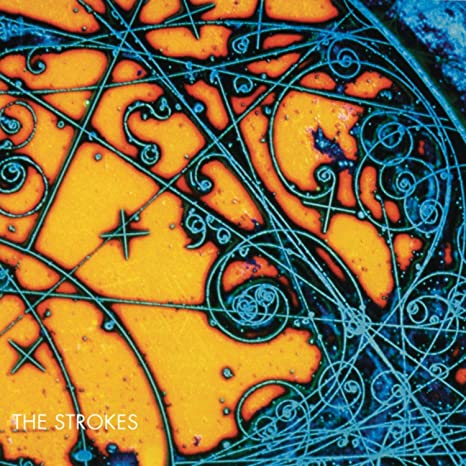
Is this...? That’s how I felt in early spring, while New York was reeling in acute terror: too scared to even finish the question. Is this it? Is this it? What even is it? How do you parse your own anxiety about something that throws your routines and relationships into terrible relief? Quietly panicking in isolation I hoped would help my community survive (and feeling lucky to possess relatively dependable wireless internet), I turned to my standby cultural items of comfort: Cinderella, Insecure, Sandra Bullock in While You Were Sleeping, and Is This It.
You have reached your article limit
Sign up for a digital subscription and continue reading all new issues, plus our entire archives, for just $1.50/month.
Already a subscriber? Sign in




